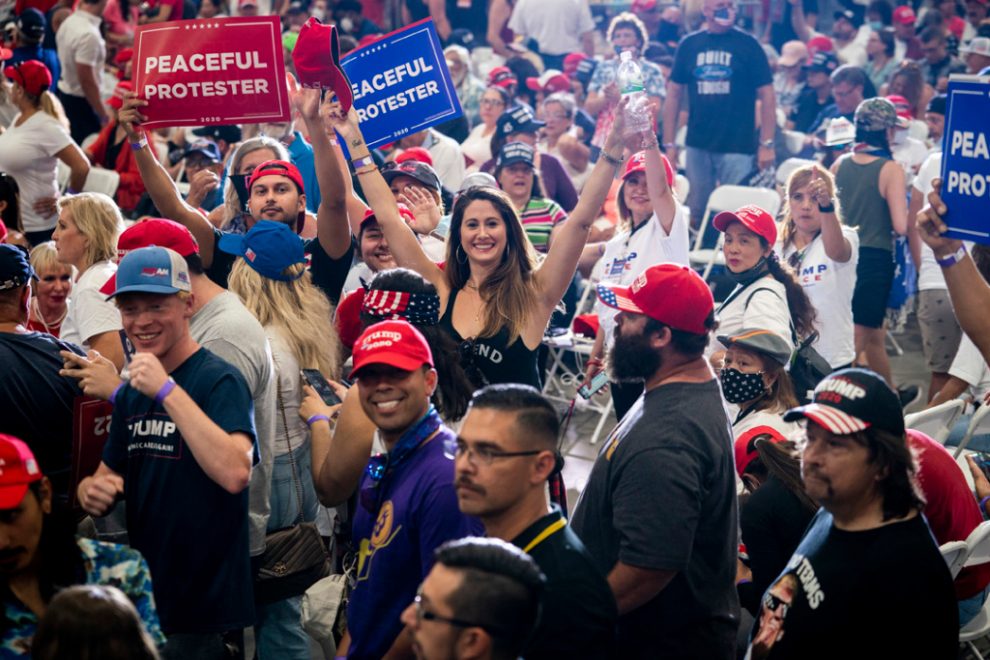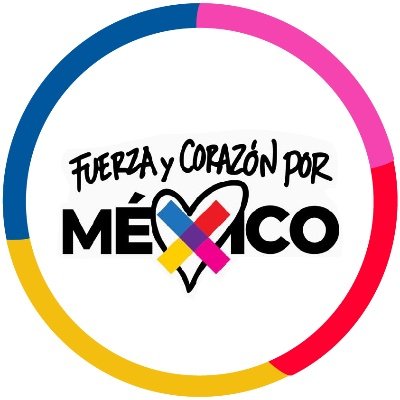A new Stanford study concludes that Trump rallies resulted in more than 30,000 confirmed cases of COVID-19, and likely caused more than 700 deaths among attendees and their close contacts.
“The communities in which Trump rallies took place paid a high price in terms of disease and death,” the research concludes, conducted by economists from the university’s Institute for Economic Policy Research.
The new analysis, which is not peer-reviewed, studies the trajectory of the pandemic in counties that were the sites of 18 Trump campaign rallies last summer in cities such as Phoenix, Tulsa and Pittsburgh. It compared case counts before and after rallies, as well as case counts in rally counties to counties without rallies.
Although published in the waning days of the campaigns, it asserts that its goal was scientific. It compared the number of confirmed cases in rally counties with matched counties where there was no rally — revealing the impact of large group gatherings on viral spread.
The events had been criticized by public health officials for not enforcing social distancing guidelines and mask-wearing. Photographs show gatherings of large crowds with signs and banners. Some rallies were indoors, such as a June 23 event at a Phoenix megachurch.
In response, the Trump campaign said it took steps to protect rally attendees, such as posting signs that urge the use of masks.
“Americans have the right to gather under the First Amendment to hear from the president of the United States, and we take strong precautions for our campaign events, requiring every attendee to have their temperature checked, providing masks they’re instructed to wear, and ensuring access to plenty of hand sanitizer,” Courtney Parella, the campaign’s deputy national press secretary, said in a statement.
The Biden campaign seized on the study, saying it is further evidence that Trump is holding “super-spreader” events.
“Donald Trump doesn’t even care about the very lives of his strongest supporters,” spokesman Andrew Bates told The Washington Post.
The study was led by economics professor B. Douglas Bernheim, who is also chair of Stanford’s Department of Economics and a Senior Fellow at the Stanford Institute for Economic Policy Research. Three doctoral students – Nina Buchmann, Zach Freitas-Groff and Sebastian Otero contributed to the project.
Trump rallies have several distinguishing features that lend themselves to a study of contagion, according to the team.
For example, they are individual events that occur on identifiable days. Also, because they take place in a specific county, their consequences can be compared with similar counties without such gatherings. It is also possible to compare COVID-19 prevalence before and after the rallies.
The team concluded that the rallies increased the number of confirmed cases of COVID-19 by more than 250 per 100,000 residents in those counties.
This content was originally published here.
EL 2 DE JUNIO DEL 2024 VOTA PARA MANTENER
TU LIBERTAD, LA DEMOCRACIA Y EL RESPETO A LA CONSTITUCIÓN.
VOTA POR XÓCHITL













Comentarios